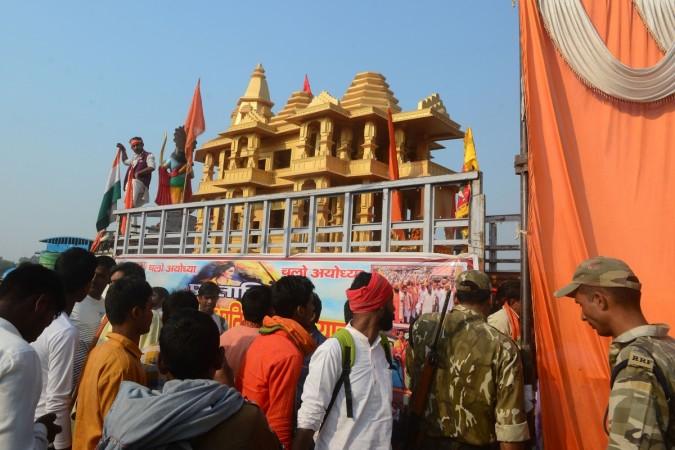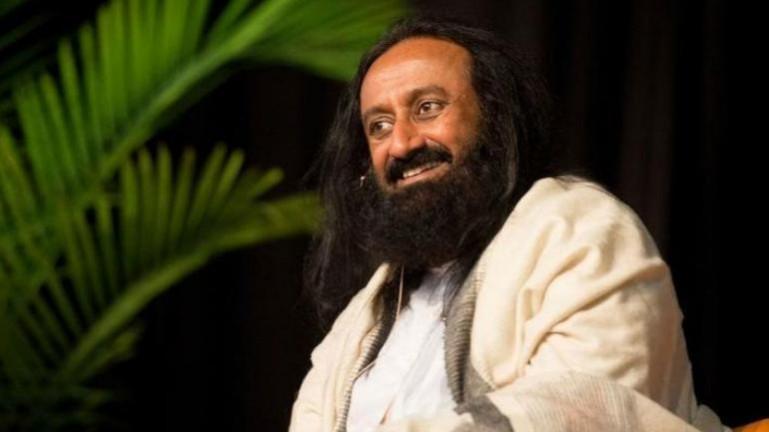
The Supreme Court on Friday, March 8, ordered mediation in the Ayodhya title suit. The panel of mediators includes - Justice FM Ibrahim Kalifulla, senior advocate Shri Ram Panchu and spiritual guru Sri Sri Ravi Shankar. A five-judge Constitution bench headed by Chief Justice of India (CJI) Ranjan Gogoi passed the order to this effect. The three-member mediation committee would meet all the petitioners at Faizabad in Uttar Pradesh.
Justice FM Khalifulah, the retired Supreme Court judge is the chairman of the panel. The court also informed that if the mediators want, they can induct more members in the committee. The mediation panel has to give its report to the court within four weeks.
"Mediation will take place. We don't see any legal obstruction to it," said CJI Ranjan Gogoi while delivering the order. "Mediation proceedings will remain confidential. There would be no reporting in any media," he added.

The mediation panel will begin work in a week. An interim report will be submitted at first. Then, it will have four more weeks to mediate and can ask for an extension if it needs one.
At a hearing held on Wednesday, the apex court observed that primarily, the issue was not about 1,500 square feet of land, but about religious sentiments. It said it was aware of the gravity and impact of the issue on "public sentiment" and also on India's "body politic." "It is not only about the property. It is about mind, heart and healing, if possible," the court said.
The decades-old Ram Janmabhoomi dispute over the 2.77 acres of land in Ayodhya where a 16th Century mosque, said to be built by Mughal emperor Babur stood, has been on for nearly six decades. Hindu groups believed the mosque was built on the ruins of a temple that marked the birthplace of Lord Ram. The matter flared up after Hindu activists razed the mosque on December 6, 1992. Around 2000 people died in the riots that followed.








